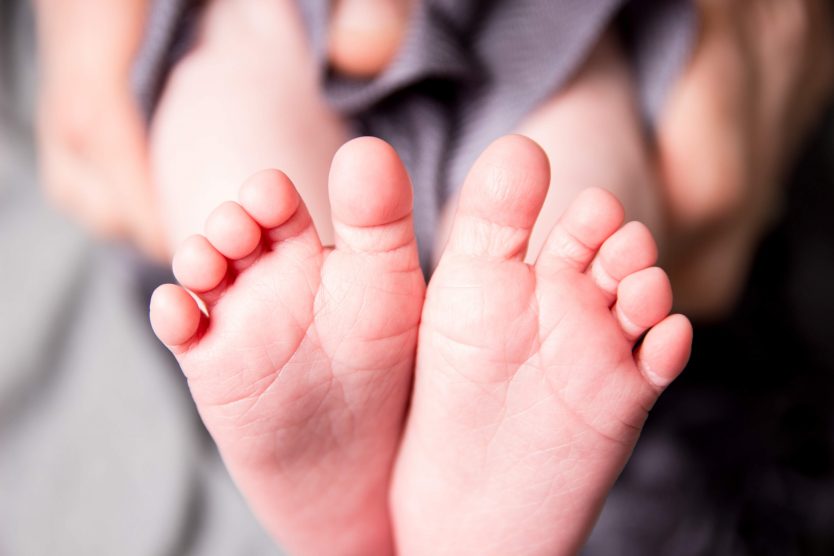Women with endometriosis have to deal with so many symptoms – like painful sex, constipation, swelling, and cramping. If they plan to get pregnant, they have even more to think about.
Because endometriosis can affect your reproductive organs, it can lead to to infertility or pregnancy complications. But women with endometriosis still regularly conceive and have healthy babies, which is why education and treatment is so important.
Endometriosis and Infertility
To understand how endometriosis affects fertility, let’s clarify what endometriosis is first. For women with this pelvic floor disorder, tissue that normally lines the uterus also grows outside the uterus. This tissue still acts like uterine lining, meaning it sloughs off and causes bleeding, just like your regular period. But this blood has no where to go, and along with the tissue, it can lead to scar tissue, cysts and adhesion.
When this endometrial tissue attaches to or impacts the reproductive organs, it can lead to infertility issues. For example, if the tissue grows around your ovaries, you eggs may not be able to release.
Endometriosis can also impact your hormones or your uterine lining, alter your egg quality, or cause general inflammation in your pelvic area – all making it more difficult to conceive.
That said, there are many medical interventions that can help women with endometriosis who are having trouble conceiving, and your doctor may refer you to a fertility specialist. If you haven’t conceived after 6 months of trying, it’s often recommended you seek help. 1
Endometriosis and Pregnancy
The good news: most women with endometriosis will have normal pregnancies and healthy babies. For many women, their symptoms improve even during pregnancy and breastfeeding, and they welcome the break from painful menstrual cycles. But note that some women can experience more worsening symptoms with pregnancy, and getting pregnant is not a cure for endometriosis.
At the same time, there can be complications with pregnancy that women with endometriosis should understand and watch for.
Ectopic Pregnancy
Having endometriosis is a high risk factor for ectopic pregnancy, which is when implantation takes place outside the uterus, usually in the Fallopian tubes.2 When this happens, the fertilized egg cannot be saved, and the mother needs to be treated quickly to prevent serious bleeding and possible death.3
Miscarriage
While we need more research into why endometriosis impacts miscarriage, the sad truth is that it is more likely for women who have the condition. In fact, one recent study found that the risk of miscarriage for women with endometriosis is almost 80% higher than for women without it. 4
If you have signs of miscarriage – vaginal bleeding, pain in your lower back or abdomen, fluid or tissue releasing from your vagina, or a cessation of pregnancy symptoms – you should seek medical attention.
Preterm Birth
A meta-analyses study in 2017 found that women with endometriosis are at a greater risk of preterm birth for their first pregnancy.5 A preterm birth is classified as giving birth before 37 weeks of gestation. Be sure to speak with your doctor, as there are interventions that can help you carry your child to term.
Placenta Previa
If you have endometriosis, you may also be at an increased risk for placenta previa, a life-threatening condition. With placenta previa, your uterus attaches to the bottom of the uterus, instead of at the top or side. This increases the chances of a ruptured placenta during labor, which can be dangerous for you and your baby, and possibly result in the need for a blood transfusion and emergency C-section.6
Because endometriosis can present challenges to fertility and complications in pregnancy, women with the disease should be educated about their condition and have access to proper medical care. Women with endometriosis conceive and delivery babies regularly – they just sometimes need some extra help to do so in a healthy way.




















